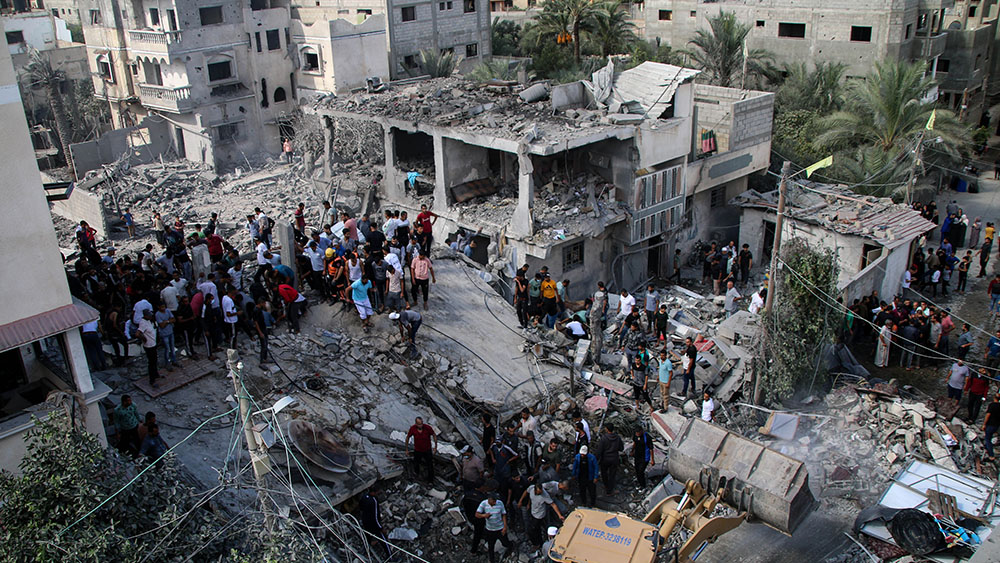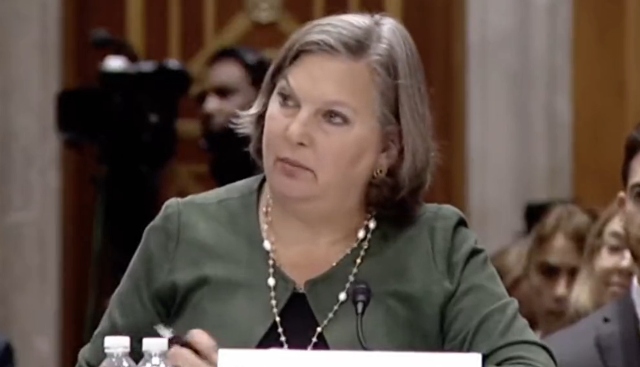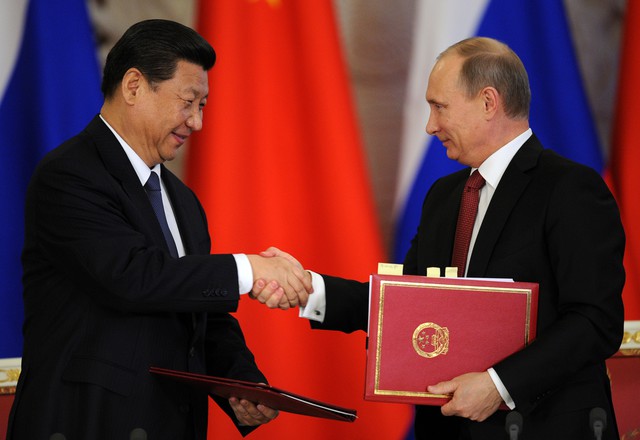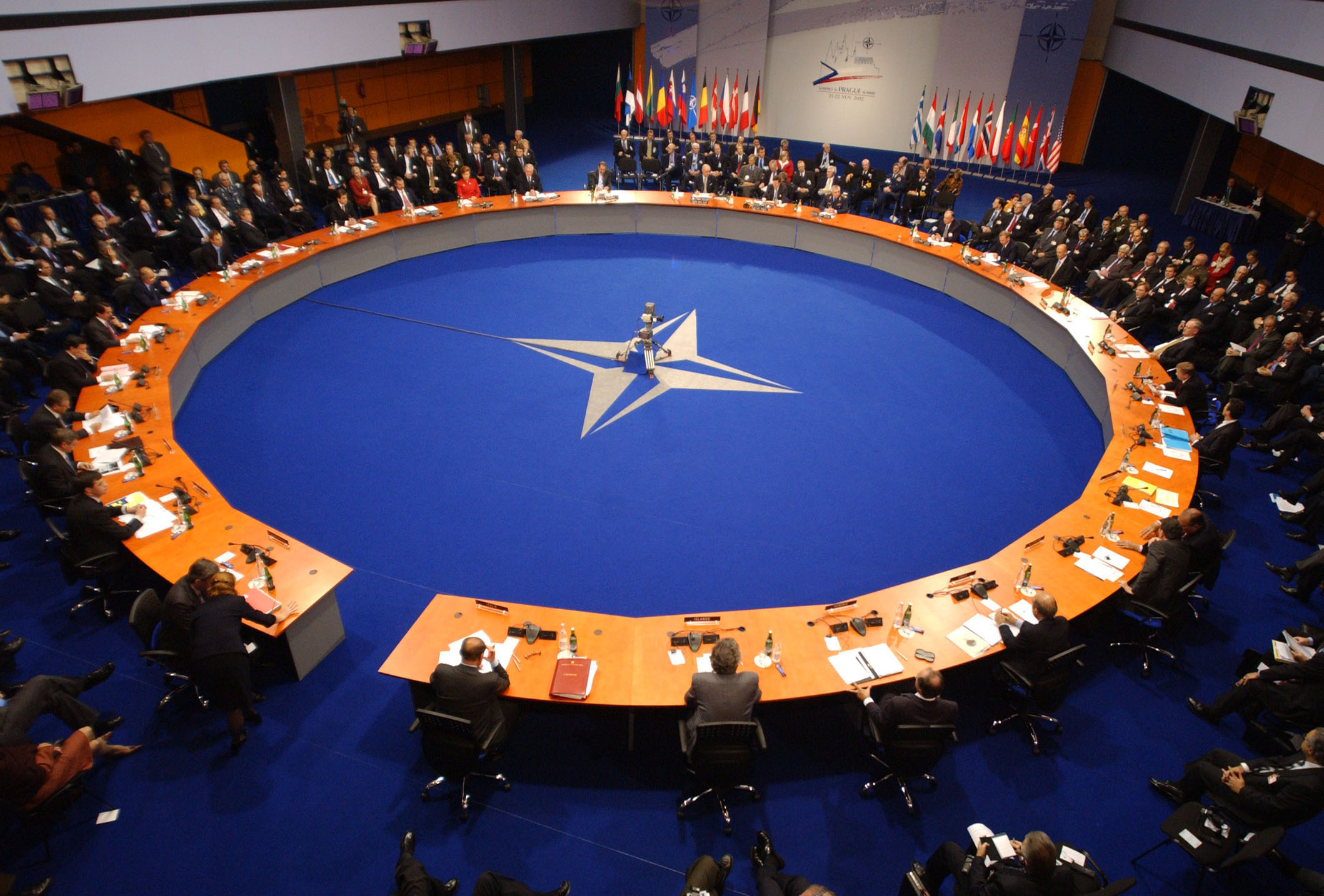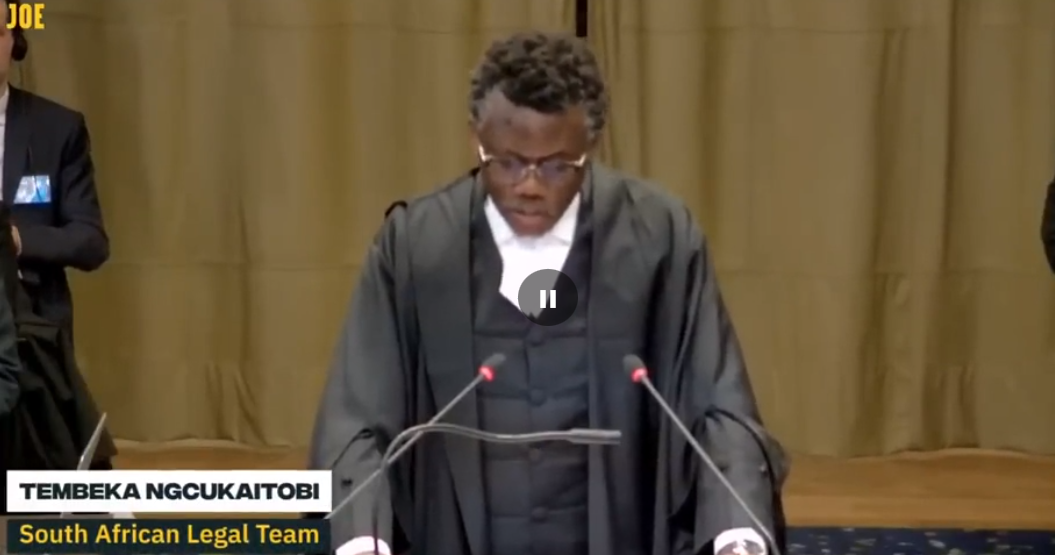Saudi Arabia threatened to sell European debts if G7 confiscates Russian assets
07/11/2024 / By Cassie B.

Saudi Arabia threatened to sell off some of its European debt holdings earlier this year if the G7 went forward with rumored plans to seize nearly $300 billion in Russian assets it had frozen.
One source who was aware of the discussions described it to Bloomberg as a “veiled threat,” while two sources said that the Saudis explicitly mentioned debt issued by the French treasury.
These threats came at a time when the G7 was said to be considering a number of options when it comes to handling the funds it seized belonging to the Russian central bank. While the U.S. and U.K. pushed for aggressive options such as a direct seizure, some of the European nations in the G7 opposed it on the grounds that it could undermine their currency. They ultimately all agreed to use the profits generated by the assets while leaving the assets themselves untouched.
The sources said they think the Saudis’ threat played a role in the European nations’ unwillingness to seize all of the funds.
It is believed that Saudi Arabia’s holdings of Euro and French bonds totals tens of billions of euros, and while this may not have been enough to cause significant concern, there were worries that other countries could have followed suit and sold off their own debt holdings in protest of a G7 seizure.
Although a Saudi official insisted that the government does not normally issue this type of threat, they conceded that they may have informed G7 nations of the consequences that any seizures could bring. The Kingdom changed its position on the matter after the G7 countries eventually opted for a proposal that did not involve keeping the assets.
Saudi Arabia positioning itself as a diplomatic power
Sources familiar with the discussions said that they were not sure if Saudi Arabia made the threats out of fear that a potential seizure could set a precedent that could be used against other nations in the future or if they did so as a demonstration of support for Russia.
Although Saudi Arabia and Russia continue to enjoy close relations, the Kingdom has also cultivated a relationship with Ukraine, and Ukrainian President Volodymyr Zelensky even visited the country in June for a meeting with Crown Prince Mohammed bin Salman. However, if forced to commit to one side, there is no doubt they would fall squarely on the side of Russia.
Bloomberg notes that the act illustrates the increasing power of Saudi Arabia on the world stage and the trouble the G7 has faced in getting support from the Global South for Ukraine. If Saudi Arabia could create enough panic to sway G7 decisions, they have far more leverage than it might appear. Interestingly, the kingdom has said that it would like to mediate between Russia and Ukraine.
During the G7 summit in Italy last month, the countries agreed to a plan that will see Ukraine receiving around $50 billion in loans, which will come from the profits generated by the blocked Russian funds sitting in Europe.
This isn’t the first time Saudi Arabia has flexed this particular muscle; in 2016, it threatened then-President Barack Obama to liquidate $750 billion worth of U.S. treasuries it owned if it was determined to be responsible for the September 11 attacks; this would have likely led to a bond market crash.
Sources for this article include:
Submit a correction >>
Tagged Under:
bubble, chaos, debt bomb, debt collapse, economic riot, finance riot, g7, G7 countries, government debt, Group of 7, market crash, money supply, national debt, risk, Russia, Russia report, Saudi Arabia, Ukraine witness, WWIII
This article may contain statements that reflect the opinion of the author
RECENT NEWS & ARTICLES
COPYRIGHT © 2017 WWIII NEWS


